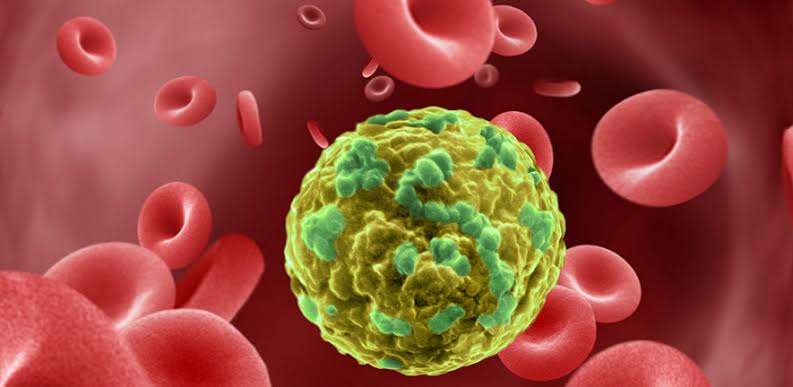SRINAGAR: Advising people to take extreme precautions and maintain hygiene, doctors on Friday said there is no need to panic regarding Influenza H3N2 variant virus infection in Kashmir .
They said that spread of infection can be prevented through measures such as maintaining hygiene and avoiding crowds.
Medical Superintendent, Chest Disease hospital (CD), Saleem Tak said that for the last two months cases of Influenza are being reported at CD hospital.
He said that around 50 cases of H1N1 of which H3N2 is a variant were reported in the last two months at the hospital.
Such patients have Covid-19 like symptoms but their results are being found negative Covid-19, however, they are being found positive for influenza H1N1, he said.
Patients have usually Covid-19 symptoms besides fever, mild cough and running nose and few positive patients are currently admitted at the hospital, he said.
He said that there is no need to panic but people must take precautions such as wearing masks and preventing crowding.
Officials from SKIMS said four cases of H3N2 have been reported so far at the hospital while an epidemiologist from Directorate of Health Services Kashmir said that no such case has been reported in hospitals working under DHSK.
They said that elderly people, people with comorbidities and children are more prone to flu and they must take precautions like avoid unnecessary gathering and follow proper hygiene.
Many people are taking antibiotics on their own; they said adding that it is not right to take medicine without doctor’s advice and to take antibiotics unnecessarily as medicines need to be given based on symptoms.
The Indian Medical Association (IMA) recently has advised against indiscriminate use of antibiotics amid rising cases of cough, cold and nausea.
The fever will last five to seven days, it said.
The fever goes away at the end of three days but the cough can persist for up to three weeks, the IMA’s Standing Committee for Anti-Microbial Resistance said.
Viral cases have also surged due to air pollution, it said, adding that it mostly occurs in people aged below 15 and above 50 and causes upper respiratory infections along with fever.
The association also asked doctors to prescribe only symptomatic treatment and not antibiotics. (KNO)











